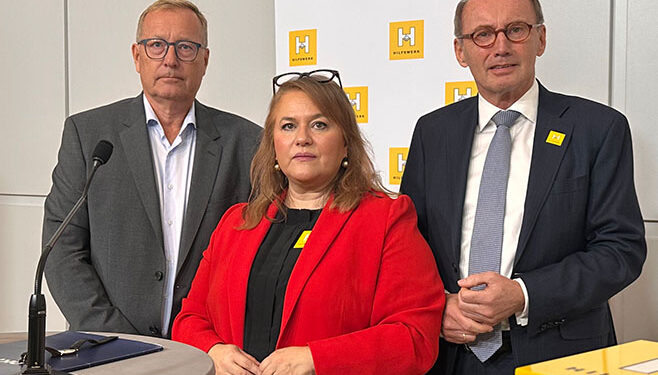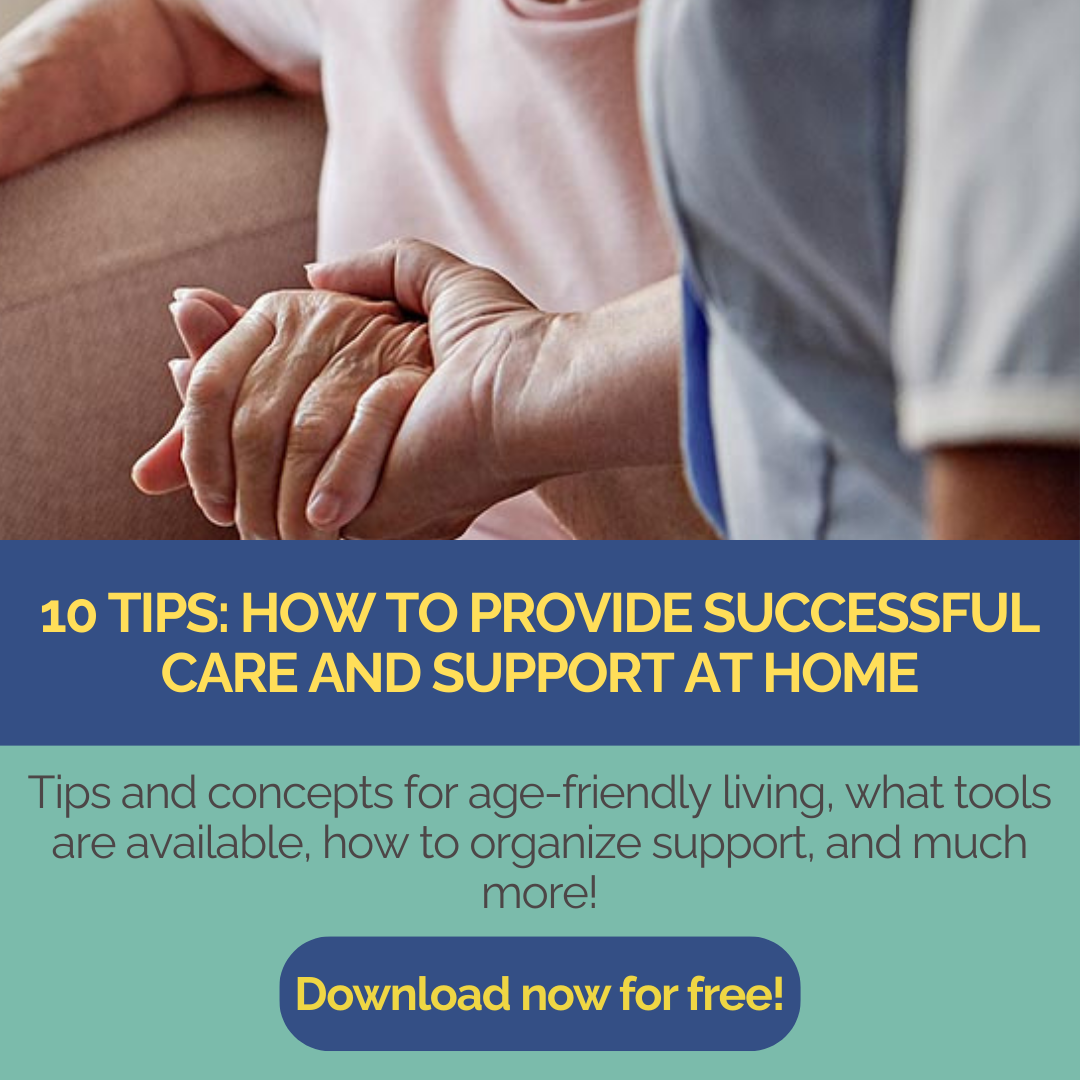There is a wide gap between desire and reality in Austria’s care sector: The vast majority (81%) would like to live at home for as long as possible and be supported there if necessary. However, the lion’s share of public funds continues to flow into inpatient services, while the expansion of the outpatient and mobile care system is lagging behind demand. Hilfswerk has now pointed out this discrepancy – backed up with data from a comprehensive study by the Market Institute.
Wish: Care at home, affordability is a concern
Alongside inflation, health and care are the most important issues currently on the minds of the Austrian population,” said Werner Beutelmayer, CEO and Managing Director of the Market Institute at the presentation of the study. According to the survey, many people would like to be cared for at home with the support of relatives and mobile services. At the same time, self-determination is cited as a key value in old age. However, the data shows that in practice, those affected often experience heteronomy, rigid structures and bureaucracy.
The affordability of care is also an issue that worries the population: Only a third of care allowance recipients state that they could manage very well. However, only 25% of relatives feel the same way. Beutelmeyer explains: “We know that people tend to be ashamed of such statements. The result of 66% of those affected and 75% of relatives who are not coping at all or only to some extent shows that we have a problem here.”
Key findings of the study
- Self-determination: Very important/important for 97% in order to be able to age with dignity. → But: 58% of care allowance recipients did not choose their current form of support according to their own wishes (reasons: external & family circumstances, affordability).
- Preference “at home”: 81% would like to be cared for at home in the event of needing care; only 19% prefer a care home. The preferred models (top ratings, school grade 1-2):
- 69 %: Relatives + mobile services
- 48%: exclusively relatives or exclusively mobile services or 24-hour care
- 46 %: Assisted living
- 18 %: Nursing home
- Expansion & affordability:
- 87 % would like more needs-based mobile services
- 85 %: cheaper mobile services
- 87 %: Equal treatment for the same care needs (home vs. nursing home)
- 80 %: better services for relatives
- 78 %: Increase in funding for 24-hour care
- Finance & Classification:
- Only 34% of those affected say they are coping very well financially; the figure for relatives is only 25%.
- 92% are worried about whether the care they want will be affordable in the future ( 55% of whom are very/very worried).
- 49% of care allowance recipients feel misclassified (relatives: 56%).
- Bureaucracy: 82% call for a reduction in bureaucracy and better advice. Many have to interact with 8-10 offices in parallel; processes are fragmented.
Why outpatient care also makes economic sense
After all, the cheapest care is provided at home. Homes remain indispensable, but without strengthening home care, overall costs increase while self-determination decreases. The budget reality tells the opposite story: more than three quarters of public spending ends up in the inpatient sector. Mobile services receive only a fraction – even though this is where most care relationships take place.
Elisabeth Anselm, Managing Director of Hilfswerk Österreich: “A real reform would mean sitting down together – at federal, state and local level – because the competence situation in the care sector is very fragmented. And then we have to work together to put together intelligent and sustainable care strategies.” One thing is clear, according to Anselm: “Care will need more money – because the demographics are clear. Shaping resources consciously and intelligently means strengthening the home and intermediate forms such as assisted living.” Reform steps are now needed that will last beyond one legislative period: “Otherwise we’ll hit the wall.”
More information on the study by Hilfswerk Österreich:
Are politicians ignoring people in the care sector?
Author: Anja Herberth
Chefredakteurin














